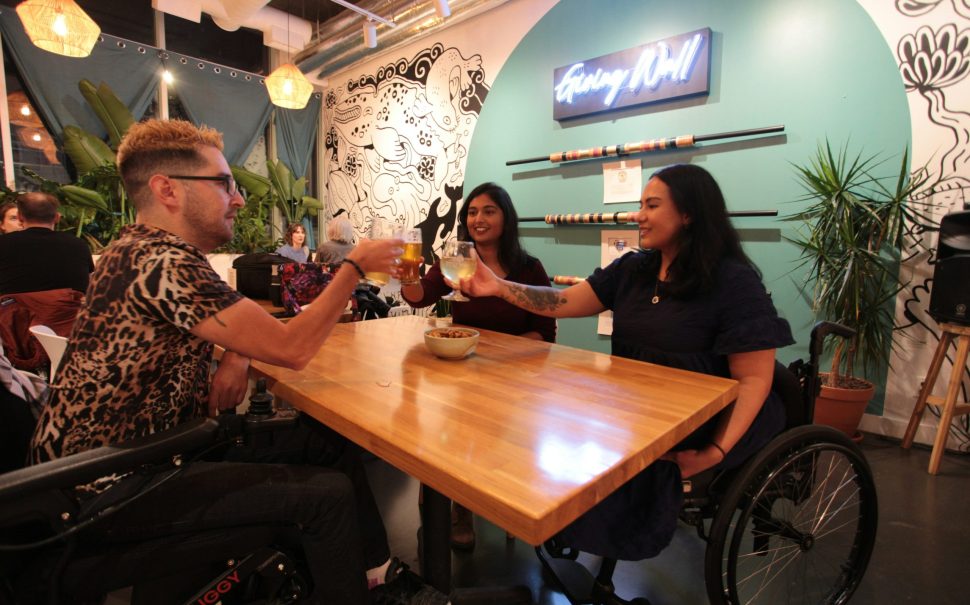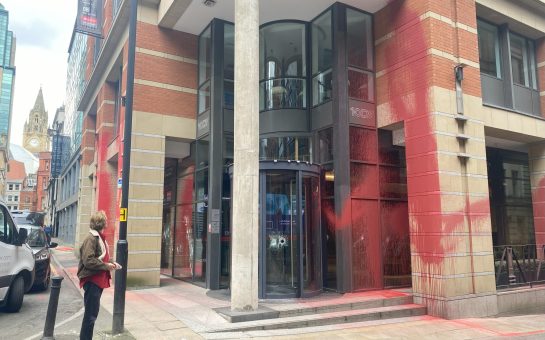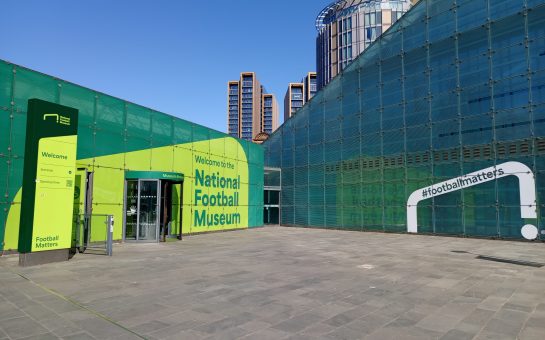In this series of articles, I will investigate how accessible Greater Manchester is for disabled people. This article will explain how businesses in Greater Manchester can be more inclusive.
Throughout this series, we have explored various accessible and safe spaces for the disabled community in Greater Manchester. From leisure to transport, there have been many examples of great commitment to accessibility.
But what can we learn from these spaces to help Greater Manchester become more inclusive for the half a million disabled people who reside in the area?
Self-published author and neurodivergent content creator Victoria Ellen suggests having more sensory and quiet spaces catered towards neurodivergent adults as well as children. She said: “The one thing that does bother me about a lot of places is that a lot of the accessibility things, like quiet spaces, are aimed at children.
“Whenever I’m overwhelmed or distressed, and I need to go somewhere, I feel really ashamed going into those spaces because I get some weird looks because it’s aimed at children – but they don’t have anything for adults, and adults are disabled too.
“We need quiet spaces too. It’s not just for children, and that’s something that I think could be improved.”
Places like Manchester Museum have already implemented a quiet room for anyone who needs some time away from the overcrowded halls. The room includes calming activities such as puzzles and books, as well as sensory equipment to borrow such as ear defenders.
Actress and ambulatory wheelchair user Ellie Henry would encourage venues to do video tours of their sites to demonstrate how accessible it is for wheelchair users to navigate their spaces. She said: “It’s all about how much I know in advance. So if you’re putting on an event, do a little video tour of your venue, do a walk through so I can see if they’ve thought about accessibility.
Ellie explained she could not access a major event that took place on an outdoor patio a few years ago, despite being told the space was entirely accessible. She said: “To get outside there were two steps to get to the patio. Obviously everyone at an evening event was outside, and I was the only one who couldn’t get there.
“If you do a video walk through then I can see for myself, and then I would feel much better and safer about going to the place.”
Manchester Central offers a full 360 virtual tour of their venue which includes all spaces inside and around the venue. The tour is available via a request form on their website.
Disability advocate and content creator Zara Beth feels Manchester nightlife needs to be upgraded to include disability. She said: “Quite a lot of bars, nightclubs, and nightlife are not accessible. I don’t really go clubbing, but I know from all my friends they said that all the places they go have stairs and there’s not really much accessibility.
“It’s kind of expected that if you’re disabled you don’t really go out partying. I know that it’s been a struggle for me to even try because evening events tend to be less accessible in my experience.”
Under One Roof is an agency who believe raving should be accessible for everyone by hosting regular club and rave nights for adults with learning disabilities at The Pink Room inside YES on Charles St, Manchester.
With three resident DJs with disabilities – Jake Smith, The Fat Britney and DJ Xanda – it’s a revolutionary move to bring accessible clubbing to the city. They also host DJ workshops with the support of other local venues to inspire more disabled artists to pursue their passion.
There are many more ways to be accessible, but by listening to the people who need and use these accessible spaces regularly, it enables a greater understanding of what really needs to change to allow everyone to feel welcome in Greater Manchester.





Join the discussion